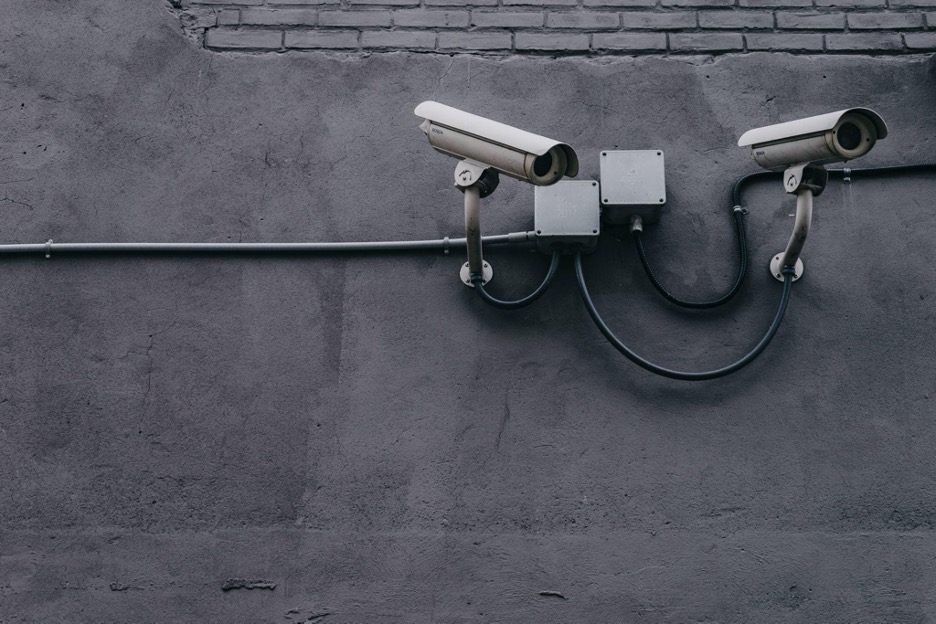
Why do you need two-factor authentication for your web hosting?
The cyber crime rate went up to 600% since the COVID-19 pandemic. There’s been a significant increase in more sophisticated phishing attacks posing as health officials. Of course, considering the current situation, many people were deceived into taking action, clicking on malicious links, and giving their credentials.
To protect you from these types of attacks, your web hosting provider should utilize two-factor authentication to help prevent cybercriminals from getting access to your account and sensitive data.
As the name implies, two-factor authentication adds a layer of security besides inputting your username and password. It can come in the form of a one-time password or time-sensitive code.
This article will go into more detail on phishing attacks and provide five more reasons why two-factor authentication is necessary for you to use.
Let’s get started.
1. Avoids Phishing Attempts
Cybercriminals are willing to go to extreme measures to get access to your sensitive information.
They will even go and purchase domain names that sound similar to legitimate companies, create fake websites and email addresses, and go through your website for names and email addresses to send their emails to. Some will even conduct a thorough research about your company.
This type of attack is called phishing. And a lot of people are still fooled by these types of attacks today.
But since the hackers will only receive your login credentials when you mistakenly give it to them, you shouldn’t worry too much about it if you have two-factor authentication enabled.
You'll still need to change your password, but the hackers won’t gain access to your sensitive information because of the additional security step they’ll need to take.
2. Prevents Identity Theft
A two-factor authentication is a crucial tool that helps protect customers’ data from identity theft. By implementing additional authentication measures, cybercriminals will face a more challenging time when trying to imitate a customer.
This protects your customer from getting their identity stolen and you from providing sensitive information to cybercriminals.
While it does mean that your customers will need to put in extra effort to access their resources, it’s worthwhile compared to risking their data being exposed.
3. Remote Security Solution
Two-factor authentication (TFA) takes advantage of the multiple devices an individual uses in their daily lives. Things like a desktop, laptop, and mobile phones are the most common devices you would use daily and most likely have them during working hours.
The way it works is, when you’re logging in through your desktop or laptop, the TFA software like Google Authenticator will require you to input a code sent directly to your smartphone within time-limit.
This means that you will also be notified should someone try to enter your credentials and allow you to take immediate action to prevent it from happening via your smartphone.
4. Adds an Extra Layer of Security

Hackers will try to gain access to someone’s system, especially when they’re working remotely. Their effort will become more complex with the addition of two-factor authentication.
As mentioned, TFA adds an extra layer of security. Hence, when cybercriminals somehow manage to get their hands on your username and password, they still wouldn’t be able to gain access because they need to input an additional authentication method.
With the increased cyberattacks in the form of phishing, pharming, and keylogging, the chances of hackers stealing your login credentials are also higher. With TFA, however, that concern is laid to rest because they still won’t be able to steal your data.
5. Protects Your Data
Two-factor authentication can be used in multiple levels of your website, not limiting it only to entering your login credentials. This means you can add TFA when you want to access your consumers’ data or other sensitive information.
Hence you can create a three-layer authentication. Not only will you need to enter your login credentials and a one-time passcode upfront, but you’ll also need to enter another authentication method when entering locked sections of your website.
This also means that only authorized users can access your company’s information, and your staff can’t snoop around and try to see what they aren’t supposed to.
6. Increases Website Legitimacy

Besides having an SSL certificate and other security measures to protect your website, enabling two-factor authentication is another trust signal for users.
People who want to purchase from your website will need to input their credit card information and other sensitive data. When prompted to do another security check before confirming their details, they are more likely to trust that your website is indeed secure.
This means people believe that your website is legitimate and their data is safe, increasing the chances of them returning to your site.
Conclusion
With 95% of cybersecurity breaches happening due to human error, hosting providers include additional security measures to help minimize the risk of their customers getting their data stolen.
One of the ways is to include a two-factor authentication method whenever they log in to their dashboard or emails. Not only does it protect from phishing attacks, but TFA is also useful for a few other reasons, like:
- Prevents Identity Theft
- Remote Security Solution
- Adds an Extra Layer of Security
- Protects Your Data
- Increases Website Legitimacy
All that’s left for you now is to ensure that you have two-factor authentication enabled on your dashboard so that you have fewer security issues to worry about.
Good luck!



















